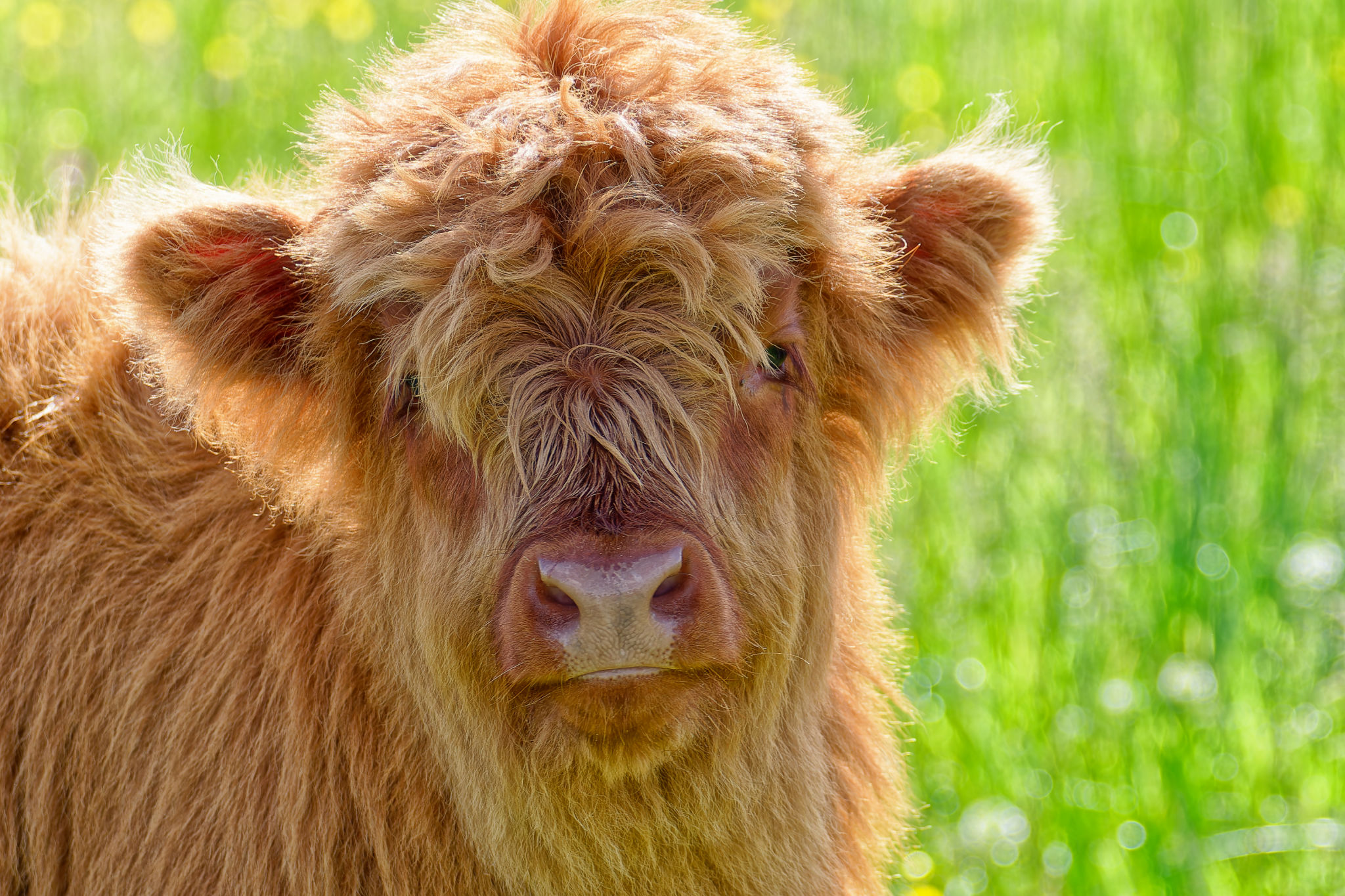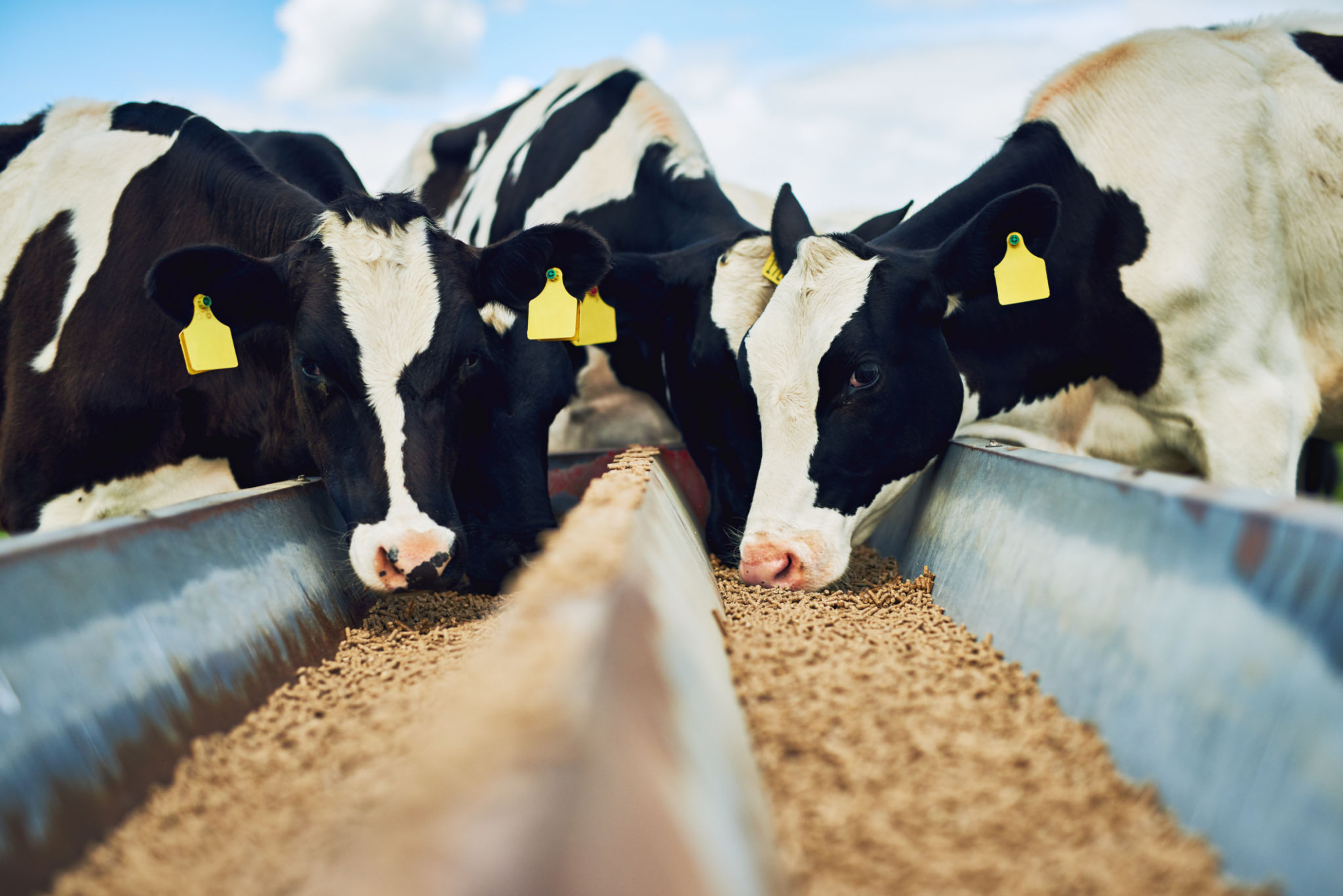Preparing Your Mini Highland Cattle for Seasonal Changes
Understanding the Needs of Mini Highland Cattle
Mini Highland cattle are a unique and charming addition to any small farm or homestead. As the seasons change, it's crucial to adjust their care routine to ensure they remain healthy and comfortable. These cattle, known for their thick coats and hardy nature, still require special attention, especially as temperatures fluctuate.

Adapting to Temperature Changes
One of the primary concerns when preparing your Mini Highland cattle for seasonal changes is managing temperature fluctuations. Although their thick coats provide significant insulation, it's important to monitor weather conditions closely. During colder months, ensure they have access to shelter that protects them from wind and snow. In warmer months, provide shady areas and plenty of water to prevent overheating.
Adjusting Feeding Practices
As the seasons change, so do the nutritional needs of your cattle. During winter, when grass is less abundant, supplement their diet with high-quality hay. It's also beneficial to provide a mineral block to ensure they receive essential nutrients. In spring and summer, when pastures are lush, reduce supplements accordingly but continue monitoring their overall health and weight.

Maintaining Health and Wellness
Regular health checks are vital throughout the year, but especially during seasonal transitions. Keep an eye out for any signs of illness or discomfort, such as coughing or limping. Schedule routine veterinary visits to address any potential health issues proactively. Vaccinations and parasite control are particularly important as the weather changes and new risks arise.
Managing Coat and Grooming
The thick coat of Mini Highland cattle requires consistent grooming to prevent matting and to check for parasites. During shedding seasons, regular brushing helps them stay comfortable and reduces the risk of skin infections. While their natural oils provide some protection, occasional baths can be beneficial, especially if they become excessively dirty.

Ensuring Safe and Comfortable Housing
Proper housing is essential for Mini Highland cattle during seasonal changes. Ensure their shelter is well-ventilated yet insulated against cold drafts. Bedding should be dry and regularly replaced to prevent moisture build-up that can lead to hoof problems. Consider using rubber mats or wood shavings to provide extra comfort.
Preparing for Extreme Weather Conditions
Extreme weather conditions require additional precautions. In anticipation of severe storms or heavy snowfall, reinforce shelters and ensure all cattle are securely housed. In areas prone to flooding, ensure that their living area is elevated and equipped with proper drainage systems. Always have an emergency plan in place for evacuations if necessary.
By taking these steps, you can ensure your Mini Highland cattle remain healthy and comfortable throughout the year, regardless of the season. Regular adjustments to their care routine will not only promote their well-being but also enhance their quality of life on your farm.